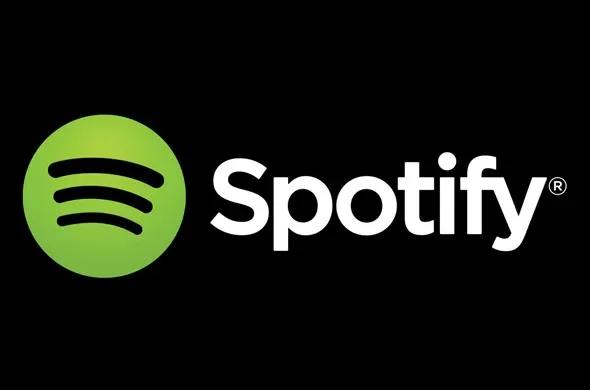Siemens Opens Its Largest Global Research Hub
Siemens has opened the first building complex of its Technology Center (STC) at Garching Research Campus, north of Munich, Germany.

Spotify, owner of the world’s largest paid music service, plans to begin trading on the New York Stock Exchange this quarter, passing up a traditional public offering for what’s called a direct listing, according to Bloomberg. The debut will test whether investors are ready to buy into the music industry, which was left for dead just a few years ago.
Record industry sales have increased for three years in a row thanks to the legions of consumers paying to listen on Spotify and Apple Music. Their spending has far outstripped shrinking album sales in retail outlets and online stores like iTunes, allowing the $15.7 billion global business to prosper again after years of decline. Analysts project revenue could more than double over the next decade.
Investors have few direct opportunities to tap this potential growth. All three major music companies are part of larger concerns or closely held. Vivendi owns Universal Music, while Sony Music is part of the Japanese media and tech conglomerate and billionaire Len Blavatnik owns Warner Music.
Spotify built the most popular on-demand music service in the world, outflanking the largest technology companies, including Apple, and is trying to prove it can prosper without being a vehicle to sell mobile phones or other products. The company said subscribers have increased to 70 million, from 60 million in July.
Newfound optimism about the future of the music business has boosted the value of catalogs in recent years. Kobalt Capital raised $600 million to buy music rights in November and promptly agreed to acquire the collection of Songs Music Publishing for about $150 million. Imagem, which holds rights to 250,000 songs including Daft Punk, Pink Floyd and Stravinsky, was sold to Concord Bicycle Music in a deal Billboard valued at $600 million.
For now though, Spotify is the biggest opportunity. The company was valued at $8.5 billion when it raised money in March 2016, and has since been pegged at more than $15 billion. A direct listing, usually done by much smaller companies, is risky, and Spotify is trying to pull off the biggest one ever. Most would-be stock issuers hire investment bankers to underwrite their shares and go on a roadshow where they raise money by touting their future to potential investors.
Spotify isn’t trying to raise capital. It’s seeking a listing so existing investors can begin selling their shares. Without the roadshow, the company and its bankers won’t have much control over where the shares begin trading or as much insight into the thinking of investors. Spotify believes it is well-known, and investors can also look at limited financial results that have been posted publicly. Yet the company isn’t a sure bet. Music industry growth could slow, and the company can’t predict how many people worldwide will pay for a service.